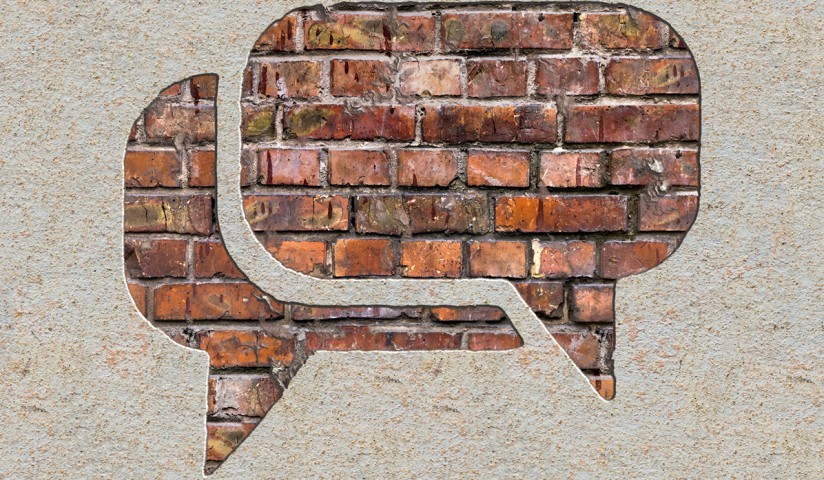
June 4, 2017
Tokyo 2020: Breaking the Glass Ceiling
Can the upcoming Olympics finally help Japan overcome its English language barrier?
By Steve Morton
With the clocks ticking and the media hype buzzing, preparations for the upcoming Olympics are well underway as Japan aims to woo the world in 2020. If the 1964 Tokyo Olympics heralded a “new Japan,” as demonstrated by the country’s astonishing transformation from a pre-war pariah state to a successful postwar industrial powerhouse, then what can we expect from 2020?
Apart from the obvious financial incentives, the Japanese Government is focusing heavily on the Olympics’ “soft legacy” or ideological power. The Japanese Prime Minister Shinzo Abe has repeatedly emphasized the potential of the country’s youth in opening up Japan to the outside world through the Olympics.
By sheer coincidence or cunning design, several Japanese media outlets have adopted a similar position, while adding their own spin. This is all in the hopes that Tokyo 2020 will become an opportunity for Japan to finally overcome its biggest nemesis: the English language.
For anyone who may not know, Japan has an embarrassingly poor record when it comes to mastering English. This was illustrated in the latest English Proficiency Index, where it ranked 10th out of 19 countries, and in TOEFL, where it finished 40th out of 48 countries. Things look even more depressing in recent TOEFL scores, with Japan ranking a lowly 29th out 32 Asian countries.
With an estimated 40 million inbound tourists expected to arrive annually in the lead up to 2020, can the Olympics really help Japan to conquer this nemesis?
The “soft legacy” as an inspiring force.
If there is any chance of breaking this barrier, then a lot of hope can be drawn from previous Olympics such as London 2012, when Britain learned how to win again, or in Rio 2016, when Brazil (albeit very briefly) was able put aside its economic and political crisis.
For 2020, several organizations, including the Olympic Committee and Tokyo Metropolitan Government, have created a special program known as the “Olympiad.” Begun in 2016, this program aims to blend sport, culture and education and is actively encouraging Japanese youth to participate in a range of events aimed at actively interacting with overseas visitors.
A key part of this strategy draws heavily on the Japanese concept of omotenashi (hospitality), in which thousands of student volunteers are being recruited to provide linguistic support as interpreters or tour guides. Initially, this program was expecting around 90,000 volunteers, but growing interest from college students could put the number of applicants well beyond this original estimate.
More significantly, the appeal of 2020 has also transcended into other non-related fields. One of these is medicine. Several institutions, such as the Nihon University of Medicine, have set up teams of volunteers to assist foreign patients during the Olympics.
On the surface, 2020 does appear to have great potential in helping to “internationalize” Japan by providing numerous opportunities in promoting English communication. This phenomenon could also encourage more students to further their studies in English and buck a previous trend which has seen many young people giving up on this language altogether.
No doubt, this is encouraging news for the Japanese government and media in supporting their encouragement of the role, which the country’s youth are expected play in conquering this barrier.
Unfortunately, this position overlooks some key demographics, notably the country’s ever-declining birthrate. Furthermore, it also ignores the fact that Japan has already hosted many major sporting events such as the 2002 FIFA Soccer World Cup and the 1972 Sapporo and 1998 Nagano Winter Olympics. Regrettably, none of these events improved Japan’s level of English proficiency.
The root of this problem, as has laboriously been pointed out by numerous professionals, is the country’s archaic and inefficient English Education System.
Instead of teaching proper communicative English which can be used practically, students are subjected to focusing primarily on grammar and vocabulary in order to pass a never-ending series of tests. By ignoring the communicative and interactive aspects of English, the Ministry of Education succeeds in only further de-motivating the already apathetic students who can’t see any benefit in learning.
If the Japanese government and media spent more time exposing the flaws in the country’s English education system, then perhaps Japan might have a real chance of breaking this language barrier.
The Olympics are a great celebration, which could undoubtedly reinvigorate and revitalize Japan in many ways. However, while this 16-day sporting event might temporarily increase the level of English fluency, only a hard look at the country’s education system will allow it to someday find its place on the English proficiency podium.
The views expressed are those of the author and do not necessarily reflect the position or opinion of Japan Partnership Co. Ltd. or its partners and sponsors.





